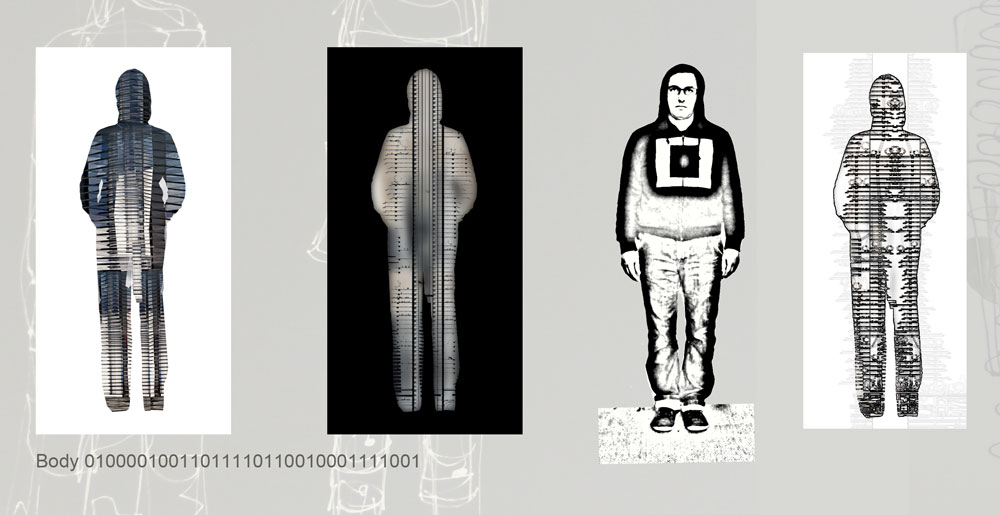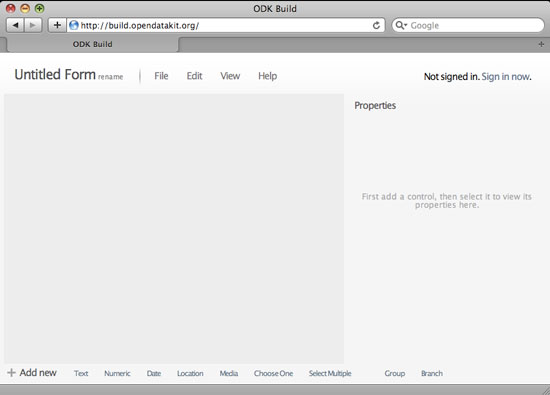For Scientific Research


Election observation, Cairo polling station, May 24, 2012.
Ideal features of data collection:
- Standardized
- Ease of collection by researchers
- Ease of survey use by participants
- Flexibility with types of data samples
- Data security
- Consistency between form or survey data and database structure
- Transcription or legibility errors between data collection and database storage
- Forms may need to be updated or changed
- Literacy or language barriers with written surveys
- Extra equipment needed to collect non-text data
- Secure data transfer and storage
left: 50%
Open Data Kit is an open source tool for solving many data collection problems. It consists of:
- An Android tablet or phone and app for data collection
- A server instance to store and view collected data
- Powerful form and survey creation

ODK Collect is designed with security in mind...
- Data transmission to the server is encrypted with SSL
And in our department, with our own ODK Aggregate server ...
- Access to the ODK server is protected by a firewall
- Each ODK project has a unique database instance
- Each database instance has a unique account and password
- The ODK server is regularly updated and backed up
- The ODK server is in a secured room with auxilliary power
Collecting data on a phone or tablet allows for the following data types to be collected:
- Text
- Images
- Video
- Audio
- GPS coordinates
- Barcode scanning
Forms are powerful and flexible, for example:
- Alternate languages for survey questions
- Audio, image, and video components to questions
- Branching question paths: If A1 is 'yes', show Q2
- Calculations on answered questions: Q3 = A1 + A2
- Multiple choice questions: single or multiple answer
- Repeatable question sections
- Automatic meta data, such as survey start and end times
We will now demonstrate:
- ODK Collect (app)
- ODK Aggregate (server)
- ODK Form Creation

- How to get the ODK Collect App
- How to get forms
- How to fill them out
- And how to upload

- Logging onto the Aggregate instance
- User accounts
- Viewing data and forms
- Exporting data

There are three ways to make data input forms for ODK:
- Using ODK Build web app
- Manually, by editing an XML file in a text editor
- Using XLSForms from a Spreadsheet (XLS)

Working as a group, create some ODK forms for your project.

We will discuss your ODK forms.

- More Systems Analysis Diagrams
- Requirements Document
- Feasibility Study
- Relational Database Design
- Entity-Relationship Diagrams
- MySQL Workbench

|
|

|
|
 |
|
- ODK
- Comparison of Mobile Solutions for GIS Data Collection and Display
- EpiCollect.net
- GIS Cloud Mobile Data Collection
- iFormBuilder Mobile Platform
- Automating Crop Surveillance

 Image: Geek and Poke. Used with permission.
Image: Geek and Poke. Used with permission.